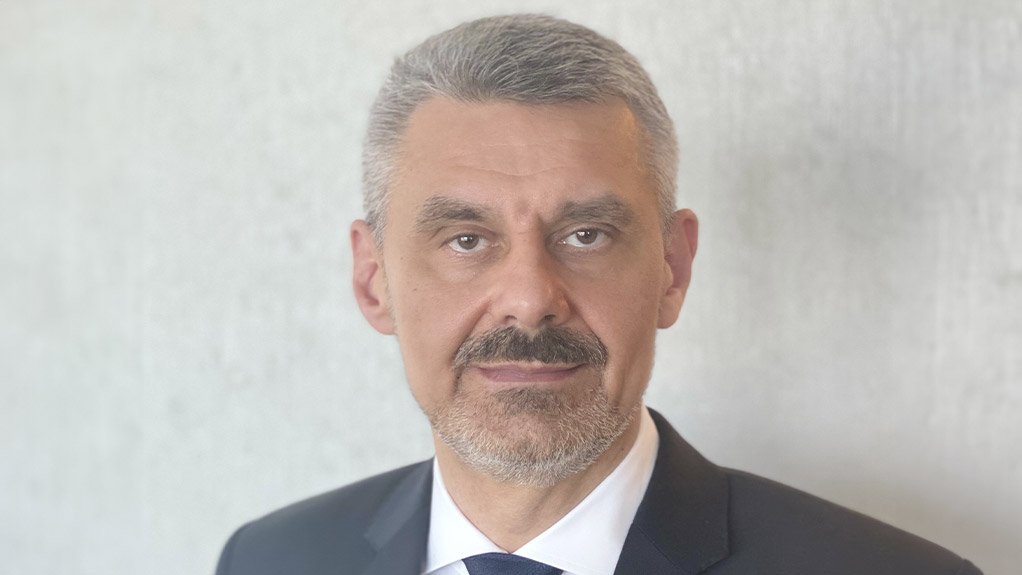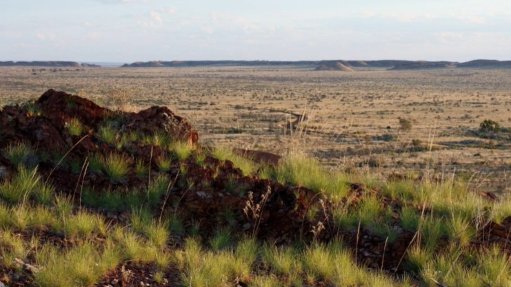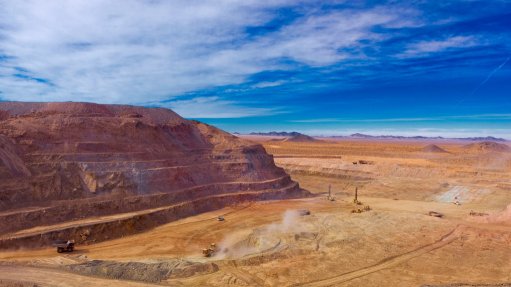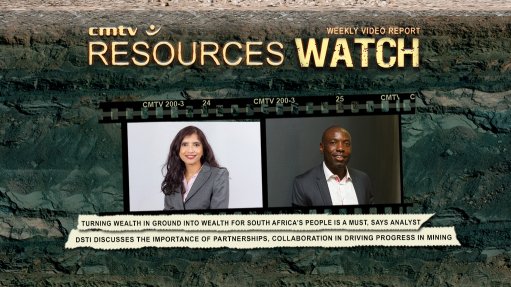Enabling value-driven Localisation in the mining supply chain
This article has been supplied.
By: Igor Hulak - Partner and Global Lead of Metals and Mining at Kearney
South Africa's mining sector remains a cornerstone of the economy, contributing 6.3% to GDP. However, in 2023, the sector faced numerous challenges, including regulatory uncertainties, infrastructure problems, port congestion, illegal mining, and fluctuating commodity prices. Localisation has emerged as a key strategy to address these issues by building a resilient and competitive local supplier base. Igor Hulak, Partner and Global Lead of Metals and Mining at Kearney, explains, “Localisation is more than just a recovery tool; it's essential for sustainable growth.” Hulak, who has extensive experience implementing localisation strategies in emerging markets, has led multiple successful programmes in the Middle East and Africa region.
Localisation not only promotes economic growth but also strengthens supply chain stability, which is critical in the mining industry. Global events such as the COVID-19 pandemic and geopolitical tensions have exposed the risks of over-reliance on international supply chains. By developing local suppliers, mining companies can reduce their exposure to global disruptions, currency fluctuations, and logistical delays. In South Africa, where port congestion and illegal mining have caused ongoing challenges, localisation offers the opportunity to reduce reliance on strained logistics networks. Furthermore, it creates legitimate employment opportunities for local communities, potentially decreasing the appeal of illegal mining activities.
While localisation offers significant benefits, it also presents risks and challenges. A key concern is the potential lack of local expertise and capabilities, especially in specialised or technical areas of mining operations. This shortfall can lead to increased costs and quality issues if local suppliers are not adequately developed. To address these gaps, mining companies must invest in comprehensive supplier development programmes and skills training. Although short-term costs may rise as local industries scale up, the long-term advantages, such as more stable supply chains, are expected to outweigh initial challenges.
For localisation programmes to succeed, four key principles are crucial: business value creation, local capability building, industry collaboration, and scaling through pilot projects. Hulak emphasizes, "The business case must offer not only cost competitiveness but also benefits like shorter lead times and better quality." Developing local suppliers to meet global standards is essential for ensuring long-term competitiveness. Industry collaboration is also vital, as stakeholders work together to share knowledge and resources, ensuring the success of localisation efforts.
In South Africa, frameworks such as the Mining Charter have been a start to build localisation, but there is still a long journey ahead to develop capabilities in the mining sector. The focus on developing local suppliers and enhancing skills has the potential to drive sustainable value creation. A case study in a Middle Eastern country’s energy sector, where a majority of a company's supply base was localised, illustrates the potential impact of strategic planning and collaboration between the public and private sectors. This example highlights the opportunities for the South African mining industry, where increased localisation could drive substantial economic and social benefits.
The localisation journey involves several critical steps, including identifying opportunities, aligning stakeholders, and conducting pilot projects to test and refine strategies. As Hulak concludes, "Localisation is not just about compliance; it’s about creating sustainable value for all stakeholders involved." As global events continue to emphasize the need for robust local supply chains, the push for localisation in mining across emerging economies is poised to reshape the industry’s future on a global scale.
Kearney is a leading global management consulting firm. For nearly 100 years, we have been a trusted advisor to C-suites, government bodies, and nonprofit organisations. Our people make us who we are. Driven to be the difference between a big idea and making it happen, we work alongside our clients to regenerate their businesses to create a future that works for everyone.
Article Enquiry
Email Article
Save Article
Feedback
To advertise email advertising@creamermedia.co.za or click here
Announcements
What's On
Subscribe to improve your user experience...
Option 1 (equivalent of R125 a month):
Receive a weekly copy of Creamer Media's Engineering News & Mining Weekly magazine
(print copy for those in South Africa and e-magazine for those outside of South Africa)
Receive daily email newsletters
Access to full search results
Access archive of magazine back copies
Access to Projects in Progress
Access to ONE Research Report of your choice in PDF format
Option 2 (equivalent of R375 a month):
All benefits from Option 1
PLUS
Access to Creamer Media's Research Channel Africa for ALL Research Reports, in PDF format, on various industrial and mining sectors
including Electricity; Water; Energy Transition; Hydrogen; Roads, Rail and Ports; Coal; Gold; Platinum; Battery Metals; etc.
Already a subscriber?
Forgotten your password?
Receive weekly copy of Creamer Media's Engineering News & Mining Weekly magazine (print copy for those in South Africa and e-magazine for those outside of South Africa)
➕
Recieve daily email newsletters
➕
Access to full search results
➕
Access archive of magazine back copies
➕
Access to Projects in Progress
➕
Access to ONE Research Report of your choice in PDF format
RESEARCH CHANNEL AFRICA
R4500 (equivalent of R375 a month)
SUBSCRIBEAll benefits from Option 1
➕
Access to Creamer Media's Research Channel Africa for ALL Research Reports on various industrial and mining sectors, in PDF format, including on:
Electricity
➕
Water
➕
Energy Transition
➕
Hydrogen
➕
Roads, Rail and Ports
➕
Coal
➕
Gold
➕
Platinum
➕
Battery Metals
➕
etc.
Receive all benefits from Option 1 or Option 2 delivered to numerous people at your company
➕
Multiple User names and Passwords for simultaneous log-ins
➕
Intranet integration access to all in your organisation





















